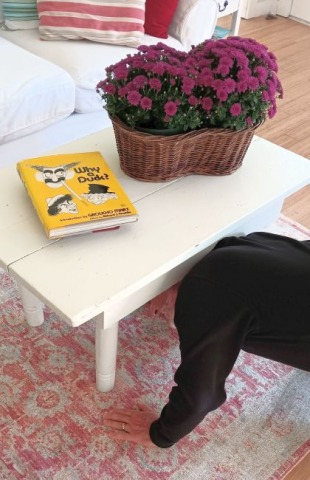
Recently I came across this unintentionally revealing statement by actress Drew Barrymore. “Being with a woman,” she said, “is like exploring your own body, but through someone else".
Exactly.

Recently I came across this unintentionally revealing statement by actress Drew Barrymore. “Being with a woman,” she said, “is like exploring your own body, but through someone else".
Exactly.




In my country, lower caste Hindus feel inferior in relation to Brahmins, so that if a Brahmin were to rape the daughter of a lower caste Hindu, this would be considered a privilege. Doesn’t this cast doubt on the idea that conscience is available to all humans?

Professor, does the fact that children raised by wolves cannot function in human society show that there is no human nature?


Ever since one of my professors found out I didn’t share his woke opinions, I’ve been having a hard time sharing my interests with them. Suffice it to say, those who preach tolerance can be quite intolerant!

The Good Samaritan is a model of virtue because he gave assistance to a stranger who sorely needed it, at significant cost to himself, after several who might have been thought to have a greater duty to help passed the sufferer by.

What scholars think about the world at large tends to come not from the world at large, but from other scholars. Without much experience of ordinary people, many of them take for granted that ordinary folk are bigots, especially in certain parts of the country. It amazes me how hard it is to crack the shell that protects such opinions from reality.